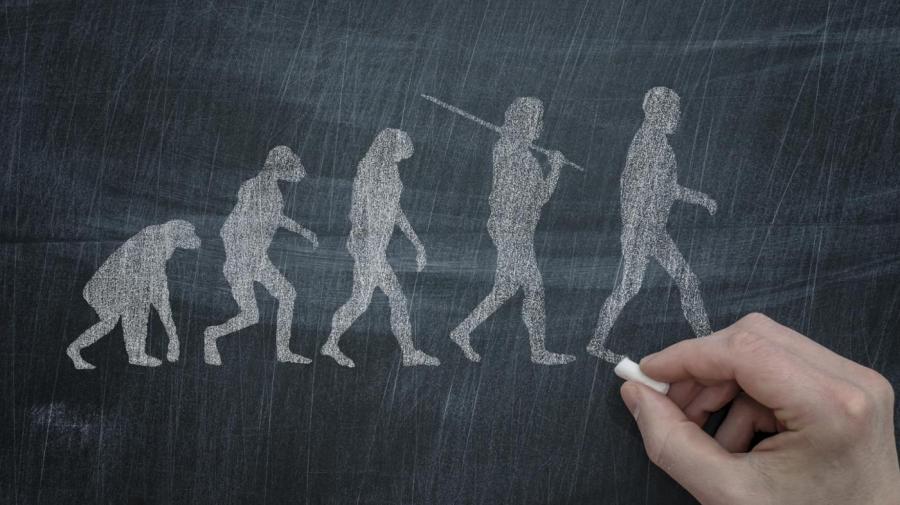How Does Natural Selection Lead to Evolution?

Natural selection leads to evolution because the traits of those who are able to reproduce influence future generations genetics and gradually lead to these passed on traits becoming the normal state of being, thus causing the species in question to evolve. If a group of people have predominantly brown hair genes and have children, then by way of natural selection the dominant gene will increase with future generations, meaning that slowly in time this group of people will evolve to have mostly brown hair genes.
Darwin’s theory of evolution has three fundamental ideas, one being that species change over time and space. Darwin believed that evolution had its core in natural selection that occurred slowly in time as ecosystems changed and species adapted. The species that exist today are different from those of the past due to adaptations brought about by natural selection. Natural selection allows for better traits to be passed down to other generations to help ensure the species survival.
Natural selection can occur because one member of a species was able to breed more successfully than another for various reasons like size, strength, survival skills, being more fertile and by adapting to their environment. This applies to all living organisms on the planet. Being able to adapt and change is what keeps a species going. Nature will favor those with some variations over others because they can survive the conditions put forth in their ecosystem where others cannot.





